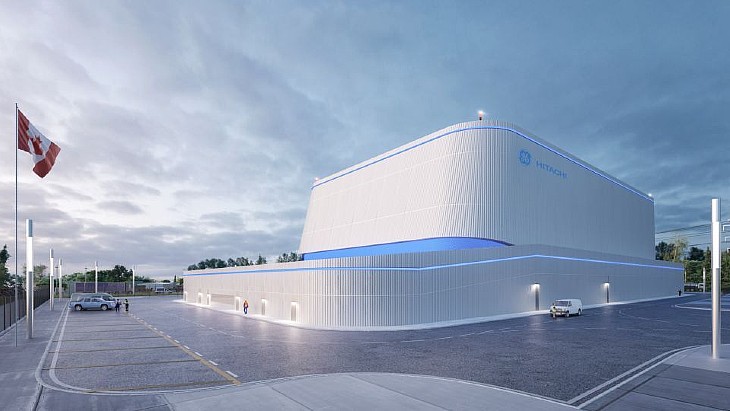IAEA review praises Slovenia progress on emergency preparedness
.jpg)
"We commend the responsiveness of Slovenia and tremendous amount of work done since the initial review, particularly given that much of this progress was accomplished during the COVID-19 pandemic," said review team leader David Nodwell, the ex-director of emergency management at the Ontario, Canada Office of the Fire Marshal and Emergency Management.
Strengths identified by the six strong team included: The National Emergency Response Plan being reviewed and updated with the involvement of all stakeholders; the national protection strategy being closely aligned with IAEA safety standards; and the development of exercise and training programmes.
Areas that could be "further strengthened" include: finalising arrangements for the termination of an emergency; amending emergency plans of response organisations to align with the national emergency plan and the "coordination and integration of safety and security aspects of the response to a nuclear emergency".
Igor Sirc, director of the Slovenian Nuclear Safety Administration, said: "Among the activities undertaken to address the recommendations from the initial EPREV mission in 2017, the most important one was the endorsement of the national protection strategy for nuclear and radiological emergencies. Efforts to implement the recommendations of the initial mission, culminating in the EPREV follow-up mission this year, have strengthened the emergency preparedness and response arrangements in Slovenia."
Slovenia has the Krško nuclear power plant, which is co-owned with neighbouring Croatia. The 696 MWe pressurised water reactor produces about 40% of the country's electricity. It began commercial operation in 1981, and a 20-year extension to its initial 40-year operational lifetime was confirmed in mid-2015. NEK plans to extend Krško's operations until 2043. Slovenia also has a TRIGA research reactor and Central Interim Storage for Radioactive Waste at the Podgorica Research Centre. It also uses ionising radiation for industrial, medical and research purposes.
The six-strong mission met with officials from a number of relevant organisations, regulators and government bodies - including the Slovenian Nuclear Safety Administration and the Administration for Civil Protection and Disaster Relief - as well as representatives from the Municipality of Krško and the Central Interim Storage for Radioactive Waste. The review visit lasted five days.
EPREV missions are peer reviews offered by the IAEA to its member states to advise on and improve nuclear safety, focusing on the arrangements and capabilities to prepare for and respond to nuclear and radiological emergencies.










_88592.jpg)

